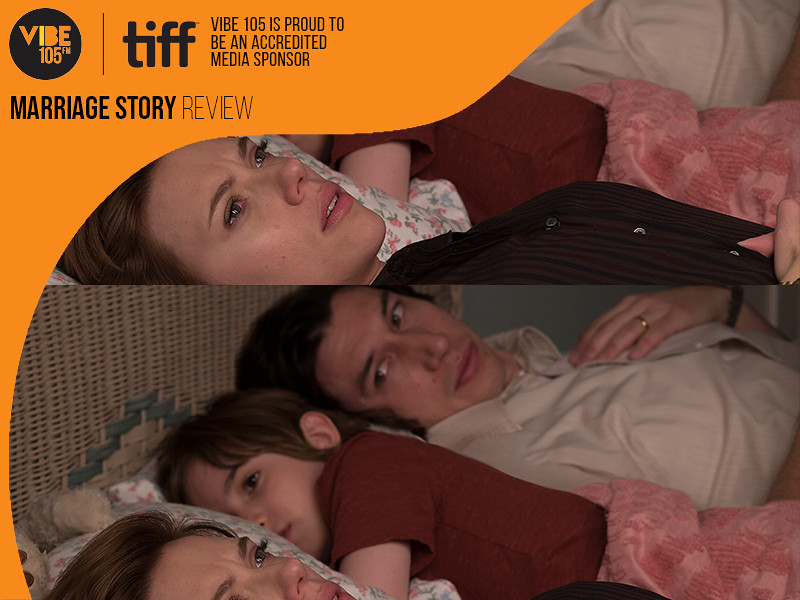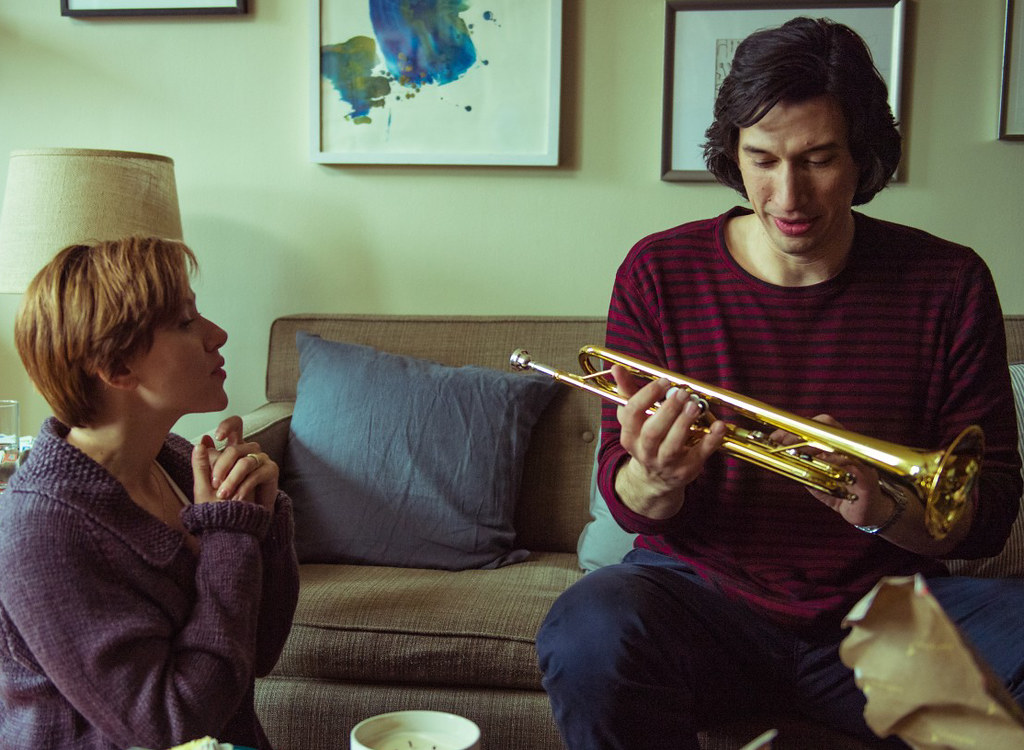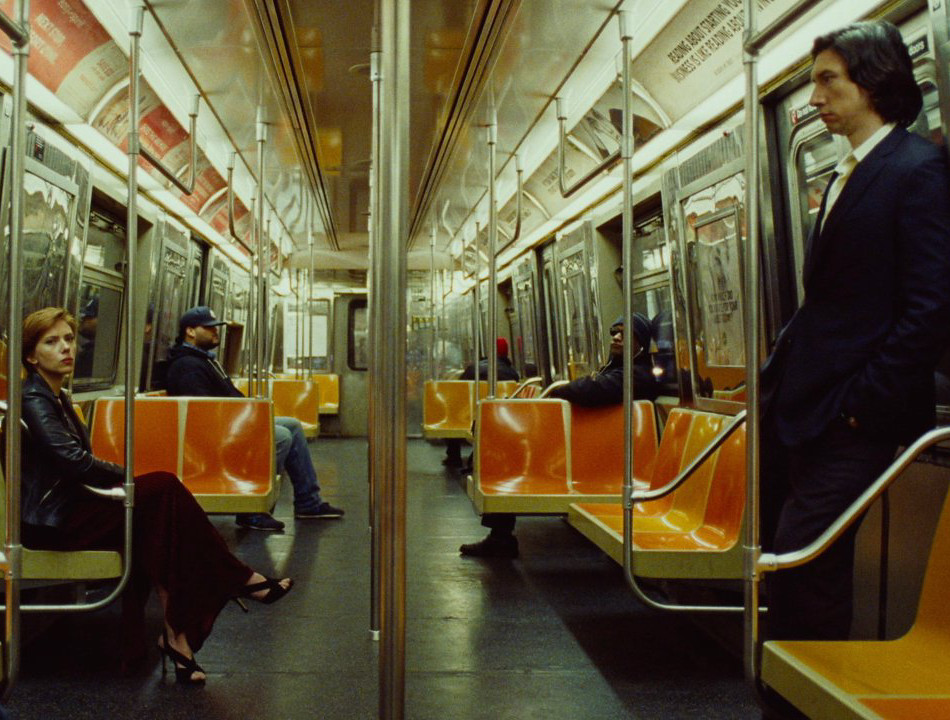|
By Benjamin Akpan Noah Baumbach has always had a knack for portraying the mundanity of life with such great detail and grace. Be it an older couple trying to revive their marriage, an aspiring dancer going through the motions in New York, or even the relationship between two deeply flawed step-sisters, Baumbach has without fail managed to make the ordinary feel so spectacular. And so he returns, this time with Marriage Story, delivering yet another melodrama that’s nothing but a showcase of his métier for dysfunctional relationships and their eventual demise. A deeply personal story for Baumbach (loosely structured after his divorce from Jennifer Jason Leigh in 2013), Marriage Story is a delicate dance – nay, battle – of paradoxical emotions, weaving together themes of love, loneliness, heartbreak, and regret in such a manner that immaculately encapsulates the imperfect nature of human relationships. At the centre of all the audacity of Marriage Story are Adam Driver and Scarlett Johansson, with career-best performances as intertwined as they are fragmented – a singular whole separated into icy halves. Driver plays Charlie, a great husband and father who’s energy-conscious and a competent dresser. He cries very easily in at the movies, loves being a dad, and knows how to tell people they have food stuck in their teeth in a way that doesn’t make them feel bad. And Johansson is Nicole, an energetic burst of life who gives great presents and can open jars with ease. She’s extremely competitive, and is inexplicably always brewing a cup of tea that she never drinks. Charlie and Nicole have an eight-year-old son together and are deeply in love with each other. Charlie and Nicole are also getting a divorce. © Youtube | Netflix Things are pretty amicable at first: Nicole is the star of Charlie’s theatre production in New York, and they’ve employed the services of a mediator to help navigate the process of their divorce. When Nicole finally lands a much desired television role that requires her to move to Los Angeles, the situation irrevocably spirals into extremities that test their relationship (or whatever is left of it). There is a quiet tension throughout the film that becomes more and more imperious, culminating in an apocalyptic kaleidoscope of emotions that’s just as satisfying as it is heartrending. Baumbach has always been known for his expressive writing, even earning himself a singular Academy Award nomination nearly 15 years ago for it. Yet, this might be his most dynamic script thus far. As with his previous films, Marriage Story is remarkably funny – sometimes even burlesque. But it is also extremely tender, sandwiching its humorous moments between some of the most poignant, thought-provoking scenes Baumbach has ever concocted. Its tone progresses from dainty playfulness to aching melancholy as the realities of Nicole and Charlie’s divorce begin to set in. in a film where every scene is a standout, Baumbach expertly dilutes its mood, causing your heart to break and soar at the same time. Still, Marriage Story would not work without the authenticity that the actors bring to each character. Driver’s role is nothing but a reiteration of every other part he’s played in previous Baumbach movies like Frances Ha, but he turns it up a notch, delivering a show that feels lived-in. It is extremely theatrical for the most part, yet in a way that make the subdued and tender aspects more pronounced. However, make no mistake: this is Johansson’s show – her chef d’oeuvre – and she absolutely destroys. Never has she portrayed a role with emotion so raw and natural, completely detached from the gaudiness that envelops her previous works. She delivers a nuanced and intricately layered performance that sticks in your mind long after the movie ends. Of course, they are at peak form when together, drawing you deeper into their chaos with a vulnerability that’s evocative and sincere. A sharp-mouthed Laura Dern and erratic Ray Liotta round out a cast that’s rich and skillfully fleshed out. Despite the fact that it is a film trailing a divorce, Marriage Story is indubitably a romance; one that doesn’t focus on the superficialities of love as many others in the genre often do. Rather, it banks on our understanding of the fragility of love, which it slowly draws out to the surface for us to savour. There’s no resolve, nor is there a moment where all its loose ends are tied into a beautiful knot for the satisfaction of plot and story. The rift between both characters is so irreconcilable, and it’s easy to fault either party for the decimation of the marriage, yet the film refuses to set out an obvious villain. They are both as right as they are wrong; as in love as they are out of it. Each scene is framed with a salient distance that lingers between both characters; there is a beauty in how close Nicole and Charlie are, yet so absent from each other – in a room, at a restaurant, or even on the subway. The gritty – though picturesque – cinematography, detailed production design, and clever editing work in potent, interdependent ways to echo their uncoupling from light-hearted tenderness to sombre detachment, and Randy Newman’s score is packed with a hint of melancholy to parallel the fragility of the situation. Marriage Story is a powerhouse of craft on all fronts. It is completely arresting, intimate in its visual scope, yet expansive in its emotional range. Its ending is bittersweet, but still gratifying, and Baumbach’s message is not lost in its execution: love is a delicate thing. It may not always be pretty or perfect, but it perseveres. And amidst all the chaos that comes with it, it’s reassuring to know that there can be beauty, even in despondency. *Editor’s Note: Marriage Story premiered at the Toronto International Film Festival ’19.
|
Recent Posts
Categories
All
Archives
February 2022
|
|
GET THE APP!
Listen to VIBE 105 anywhere you go!
|
OUR STATION
|
TUNE IN RADIO
|
STAY CONNECTED
|
Copyright © 2021 Canadian Centre for Civic Media and Arts Development Inc. Except where otherwise noted, presentation of content on this site is protected by copyright law and redistribution without consent or written permission of the sponsor is strictly prohibited.





 RSS Feed
RSS Feed


